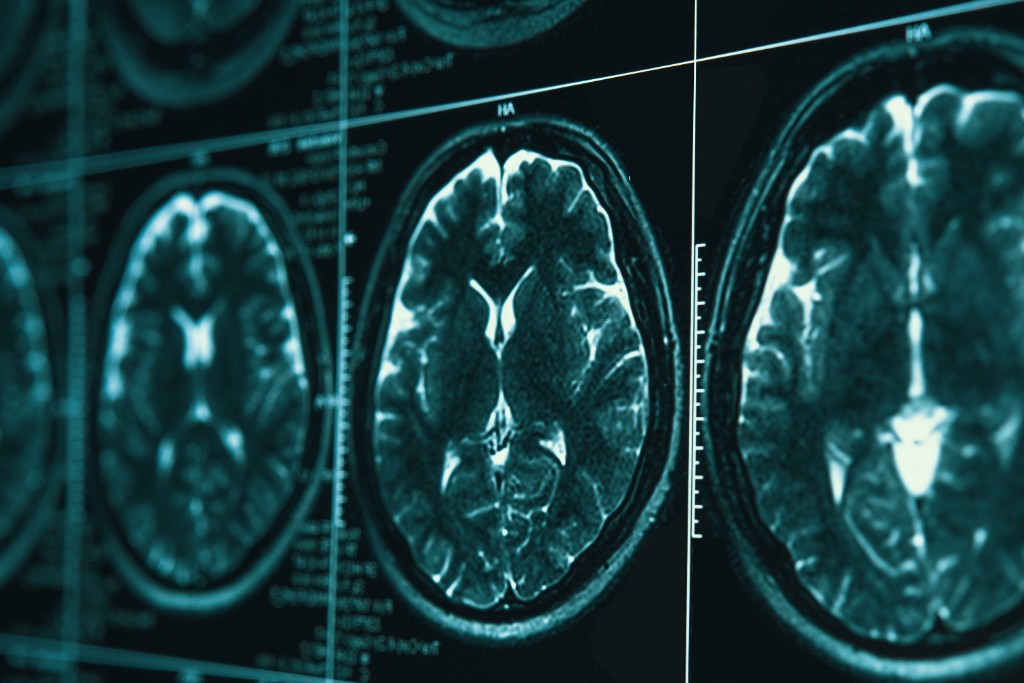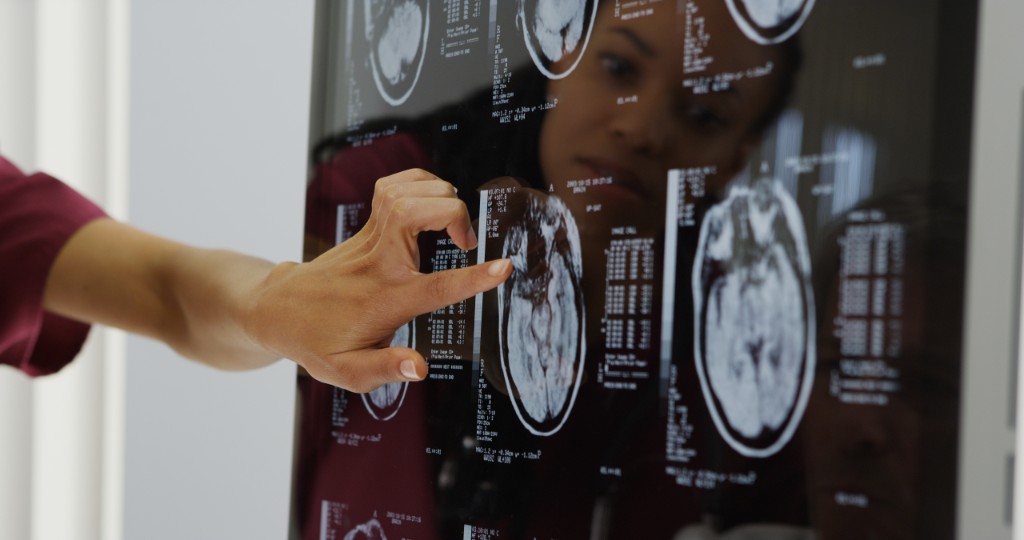May 26, 2014 | traumatic brain injury Claims
Detecting Symptoms of a Concussion
Table of Contents
A concussion is a type of traumatic brain injury (TBI), which can be caused by any type of blow to the head or forceful jolt. Without treatment, it can cause serious implications, so it’s important to stay on the lookout for symptoms of concussion after any accident that may have caused a head injury.
What Is A Concussion?
The term “concussion” is used to describe injury to the brain that occurs as the result of a blow to the head. When an object strikes the head or a force causes a massive jolt to the head, the brain can collide with the skull, causing a concussion injury.
Some Common Causes Of Concussion Include:
- Slip and falls
- Automobile accidents
- Sports-related incidents
- Bicycle accidents
Symptoms Of A Concussion
Some patients lose consciousness when suffering a concussion, but not always. In some instances, a headache may be the only symptom a person will feel initially, making it quite difficult to detect.
According to the Ontario Ministry of Health and Long-Term Care, some symptoms of concussions include:
- Headache
- Dizziness
- Trouble concentrating
- Memory problems
- Depression
- Drowsiness
- Trouble falling asleep
See a doctor after an accident for a more complete list of symptoms. If you notice any symptoms in yourself or in a loved one who was recently in an accident, get medical attention immediately. Early detection can help prevent complications and may facilitate a speedier recovery.
Obtaining A Diagnosis For A Concussion
If a head injury is suspected, when you go to the emergency room or to see your health care professional, the doctor will review your symptoms and conduct a neurological examination. Inform the doctor you were in an accident and whether you suffered a blow to the head or if your head and neck were jolted back and forth, such as in a rear-end motor vehicle accident.
During the exam, the doctor will assess your vision, balance, hearing, coordination, strength and sensation, looking for evidence of some sort of neurological problem. You may undergo a simple cognition test. The physician will assess your memory, ability to concentrate and problem-solving abilities.
If symptoms point to a TBI, the physician likely will order imaging tests such as CT scans and MRIs to look for damage and bleeding within the skull.
If there is evidence of concussion, the physician may refer you to a neurologist, neuropsychologist, neurosurgeon or other specialist for treatment.
Lawyers May Be Able To Help Recover Damages
If you or a loved one suffered a TBI such as a concussion in a car accident, you may be able to file a claim for damages. This may include via statutory accident benefits or a tort claim against a negligent party. To determine if you’re eligible to pursue a settlement, call our Ontario lawyers at Preszler Injury Lawyers.
Contact us for a consultation so we can determine your legal options and how we may be able to assist you. Call and schedule a consultation today: 1-800-JUSTICE®.
Blog Categories
More traumatic brain injury Topics
Here’s more information on traumatic brain injury related topics that we think you might find helpful.

long-term disability
|
October 24, 2022
Neurofatigue After a Concussion
There is a common perception that concussions are strictly brain injuries. However, while concussions are primarily traumatic brain injuries (TBIs), they also affect multiple physiologic…

catastrophic impairment injury
|
March 5, 2021
The Human Cost of Traumatic Brain Injuries
Acquired brain injuries sustained through traumatic events, such as motor vehicle collisions or slip and fall accidents can have profound, devastating effects on accident victims,…

traumatic brain injury
|
July 2, 2018
Ontario Concussion Safety
In March 2018, the Legislative Assembly of Ontario enacted Rowan’s Law (Concussion Safety), a new law aimed at protecting amateur athletes from the dangers of…
Speak With Our
Legal Team for FREE
Find Out if You Have a Case in Under 5 Minutes
Speak to a Lawyer Now!
We’re here to help.
